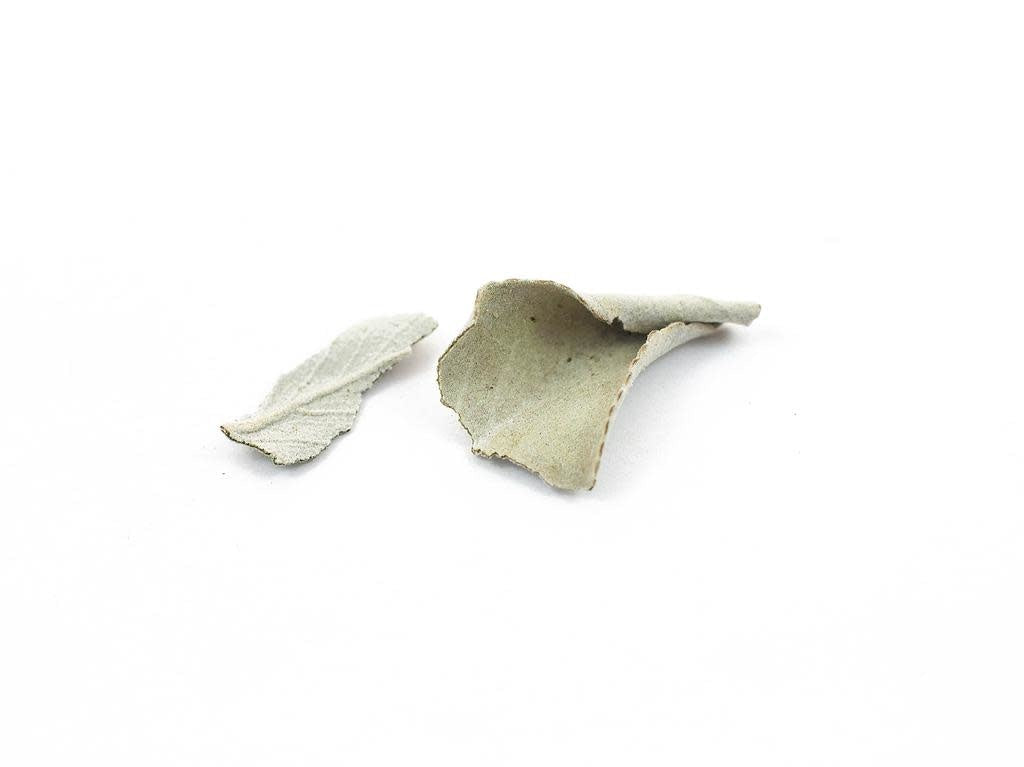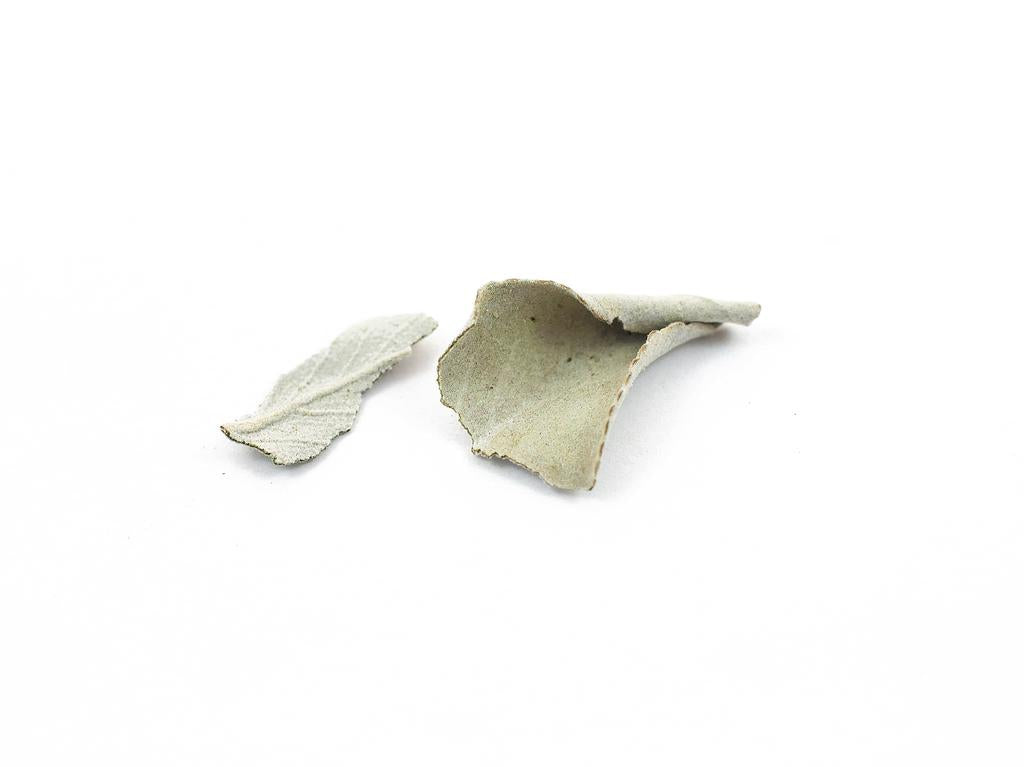White Ceremonial Sage, Wild-crafted, bulk/oz
White Ceremonial Sage, Wild-crafted, bulk/oz
Couldn't load pickup availability
Common Name: White Ceremonial Sage
Latin Name: Salvia apiana
Plant Family: Lamiaceae
Plant Part: Dried leaves
Origin - USA
Growing Status: Wildharvested & Kosher Certified Ethically harvested loose White Sage (Salvia apiana)
From our White sage supplier:
"Our white sage is gathered on very sacred and private grounds in California. Gathering sage and making sage bundles is a prayer and a meditation for us. Each of our sage bundles carries the prayers of our heart to yours. I strongly believe in the healing and purifying powers of sage and hope my smudge sticks bring you blessings too."
About our Sage
We want to acknowledge upfront the deep harm caused by the widespread appropriation of white sage.
For many Native American communities, this is a sacred plant, and its traditional use is deeply rooted in cultural and spiritual practices that were made illegal to practice by the American government for many generations. Many Indigenous voices ask non-Natives to refrain from harvesting, using, or selling this plant for profit—and we honor that request.
So why do we offer white sage?
We receive frequent requests for white sage and sweetgrass. While it is traditional that these plants be gifted rather than sold, we strive to approach this plant with mindfulness, care, and accountability. Our goal is to create awareness about the ethical and cultural considerations surrounding white sage, and to ensure that any economic benefit flows back to the communities to whom it rightfully belongs.
To that end:
We source our white sage from a Native family in California, directly supporting Indigenous stewardship.
100% of the profits from our white sage sales are donated to Native-led organizations that focus on sustainability, youth programs, and food security.
We strongly encourage anyone considering using white sage to do their research: understand how it has been appropriated, the impact on Native communities, and the conservation concerns that have placed it on endangered species watch lists.
Using this plant responsibly means listening to Indigenous voices, honoring its sacred context, and supporting the communities that are its traditional stewards; and in most cases, refraining from purchasing it altogether.
There are many other plants that can be burned in lieu of White Sage, and we would love to help you explore these other options.






